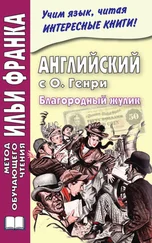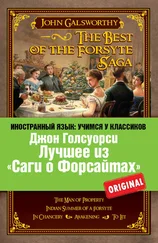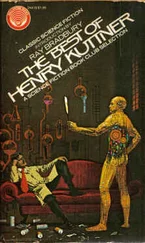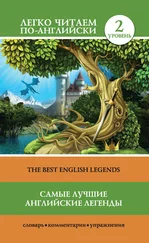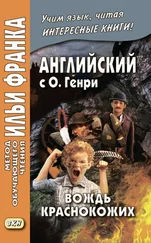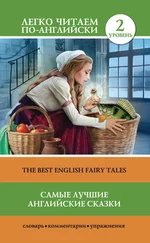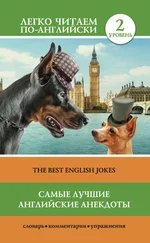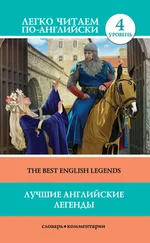Rider Haggard (1856–1925) – Henry Ryder Haggard, an English novelist, the author of the ‘King Solomon’s Mines’
Lew Dockstader (1856–1924) – the leader of an American musical minstrel group of the early 20th century
Dr. Parkhurst – Helen Parkhurst (1887–1973), an American educator, writer and lecturer
muslin – cotton fabric, first made in the city of Mosul in Iraq
Hubbard – Elbert Hubbard (1856–1915), an American educator and author whose writings were a strange mixture of ideas
nix cum rous – here: not wanted ( Latin )
Methodist Church – an autonomous church, one of the Protestant churches, founded by John Wesley in the 18th century
a forty-five = a forty-five caliber revolver
the Montana line – a mountain range in the Rocky Mountains in the state of Montana
skillet – a frying-pan (US)
Homer (9th–8th century BC) – an ancient Greek poet, the author of the great epic poems the ‘Iliad’ and the ‘Odyssey’
ounce – unit of weight equal to 28.35 grams
the New York Tribune – an American daily newspaper, established in the 19th century; later it merged with the ‘Herald’ and became the ‘New York Herald Tribune’
aqueducts – man-made systems of pipes, canals, ditches and supporting structures for water supply, first used by the Assyrians in 691 BC
Homer K. M. – Omar Khayyám (1048–1131), a great Persian mathematician, philosopher, astronomer and poet
veto – a constitutional right of some authority to forbid or reject
libretto – a text (usually of opera) in prose or verse
the Salmon River – a river in central Idaho, the largest tributary of the Snake River; the confluence of the two rivers is called the ‘River of No Return’.
pro re nata – in view of the circumstances ( Latin )
Lutherans – members of the Lutheran Church, one of the major Protestant churches, founded by Martin Luther (1483–1546), a German church reformer
Ruby Ott – Rubáiyát, the famous quatrains by Omar Khayyám
nom de plume = pen-name ( French )
claret – red wine from the region of Bordeaux in France
raising Cain – to raise Cain means ‘to be very angry, to make a scene’ (idiom)
feet – pl. from foot , unit of length equal to 30.48 cm
Newcastle – a coal-mining town, founded in 1809, named for the English coal port Newcastle upon Tyne
morocco – soft, high-quality leather
the Frio bottoms – the valley of the Frio River
manna – in the Old Testament, food available to the Hebrews during the 40 years they spent in the desert after their Exodus from Egypt
bronc = bronco, a wild or half-tamed horse in the west of the United States
the Nueces – the Nueces River in southern Texas
Palestine – here: a small town in Texas
a certain lady named Eve started the fruit trouble – in the Old Testament, Eve, the first woman created by God, ate the fruit of the ’tree of knowledge of good and evil’.
Merinos – a breed of fine-wool sheep, first appeared in the 12th century in Spain
Epicurus (341 BC–270 BC) – an ancient Greek philosopher, scientist and theologian, the author of the philosophy of simple pleasure
the Piedra – a tributary of the San Juan River in the southwest of the United States
Saint Louis – a city in east-central Missouri at the west bank of the Missouri River, founded in 1809
jookalorum – here: talisman or some other thing necessary for happiness
howitzer – a mortar, a tube-fired artillery weapon
Waco – a city in north-central Texas, founded in 1849
Bombay (now Mumbai) – a city in southwestern India, and one of the major ports on the Arabian Sea
Wellington – Arthur Wellesley (1769–1858), the 1st duke Wellington, the British commander during the wars with Napoleon and later prime minister of Great Britain
Bedouins – nomadic peoples of North Africa, the Arabian Peninsula and the Middle East deserts
Mahratta – one of the major peoples of India; Mahratta inhabit the region between Bombay and the west coast of India.
Metropolis of the Occident = the western capital
Khatmandu – Katmandu, the capital of Nepal, a country in Asia, on the southern slopes of the Himalayan mountain range
maharajah – an administrative rank in India, usually a ruler of some principle Indian state
palanquin – a bed on two poles carried at each end on the shoulders of porters; first appeared in ancient Egyptian paintings.
Balaklava charge – the Battle of Balaklava in 1854 during the Crimean War of 1853–1856 between Russia and an alliance of Great Britain, France, Turkey and Sardinia
Seoul – the capital of Korea since 1394 and of South Korea since 1948
pasha– a title of a man of high rank in Ottoman Turkey and North African countries
His Turkish Gibbets – here: His Turkish Majesty; gibbet – contempt or ridicule.
Bulbul = nightingale (in Oriental countries)
the S.A. & A.P. Railroad – the author means the Southern Pacific Railroad, the greatest railroad system of the American West and Southwest, established in 1861
soubrette – a theatrical comic woman character, usually a chambermaid, or an actress who play such a role
barber of Beeville – here is meant the main character of ‘The Barber of Seville’, a comic opera by Gioachino Rossini (1792–1868), a famous Italian opera composer
the San Miguel – the San Miguel River, a tributary of the Dolores River in Colorado, US
Yankee Orient = American East; Yankee is a nickname of the US citizen, first applied to Northerners by Southerners during the American Civil War of 1861–1865.
suaderos – sweat-cloth used in a saddle ( Spanish )
Читать дальше
Конец ознакомительного отрывка
Купить книгу
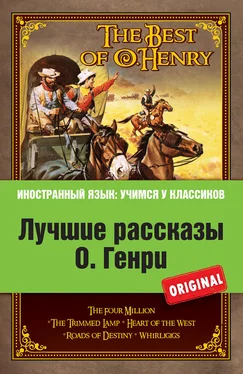
![Автор неизвестен Эпосы, мифы, легенды и сказания - Самые лучшие английские легенды [The Best English Legends]](/books/34729/avtor-neizvesten-eposy-mify-legendy-i-skazaniya-s-thumb.webp)


